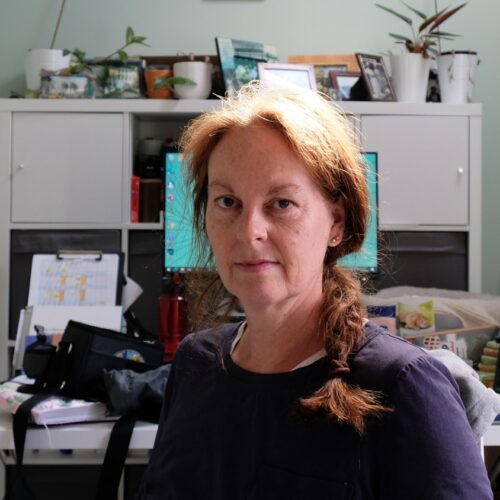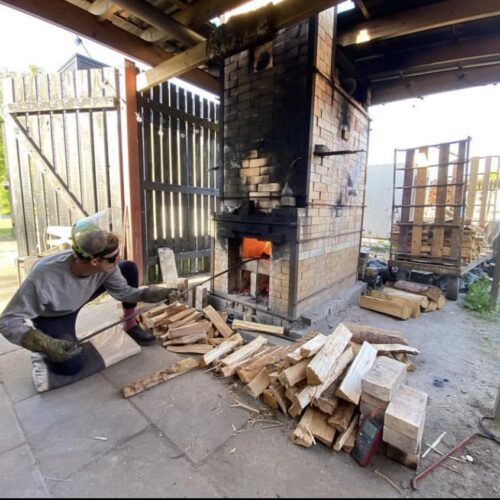
New music tutor: Introducing Ben Gaunt

Composing music is hard. Actually, I believe that if you start to find composition easy, it may be likely you are taking shortcuts, and missing opportunities to develop as an artist. Composing music should be hard. Over the last couple of years, however, I have found a way of making the process of writing music seem a little less intimidating.
My method is inspired, in part, by Stanley Kubrick’s approach to filmmaking. He was notorious for spending vast amounts of time and energy researching (for example, he directed Dr. Strangelove or: How I learned to Stop Worrying and Love the Bomb after reading more than 40 books on politics and the military). Similarly, I spend days (sometimes weeks) researching before I begin a piece. I go to plays, watch films, attend art galleries, visit museums, read books, study music; whatever is relevant to the particular piece I aim to write.
One of the clearest examples of this is the way I approached writing Tria Prima Incantations (for solo voice):
1. After watching an especially gripping episode of Lewis, I decided to write a piece of music about its subject content; alchemy.
2. I read approximately five books on alchemy, and learned about a fascinating physician and philosopher, Paracelsus. He believed in the three primes (or tria prima); a theory that all substances are made of mercury, salt, or sulphur. He also believed that if the human body contained an imbalance of these elements, she or he would be ill as a result (e.g. too much mercury resulted in depression; too little sulphur resulted in a fever). The basic structure of the piece is based upon this – it begins slowly (a result of excess mercury), and ends quickly (a result of excess sulphur).

3. The opening 45 seconds is about mercury – the pitches are based upon Mercury from Holst’s The Planets, the durations of notes are based upon the atomic number of the element of the same name, and the vocal wobbles and slides are inspired by fact mercury is the only metallic element that is liquid at room temperature.
4. The texts for the sulphur and salt sections are genuine alchemical recipes, and the sulphur rhythms are taken from the number of electrons in each shell of the sulphur atom (I do not understand exactly what this means…)
Tria Prima Incantations is therefore the product of various types of research; it is inspired by TV programmes, alchemical and occult text books, chemistry, and music. I find this approach to be a fun way to compose – it is not necessarily any quicker (actually, it is probably slower) but I find it beneficial for a number of reasons. Firstly, I believe it adds a depth of meaning to my music. Secondly, it makes the composition process a less lonely one (I can visit art galleries with friends, for example). Thirdly, it transforms the act of composition from one that takes place at a desk or piano, to one that can take place anywhere.
If you’re writing music (whether as part an OCA course, or not), instead of calling it Percussion Piece, Assignment I, or Study, write about something non-musical (a book, a film, a place, a person, an animal… anything!) and use an imaginative, descriptive name. It will not necessarily make the composition process any less hard, but it might make it even more fun.
|
|






